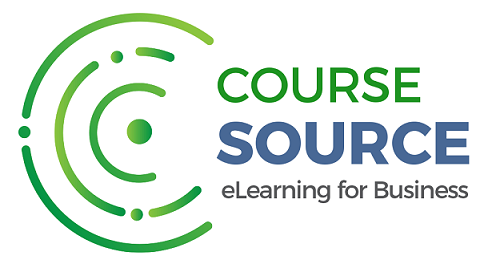Food Hygiene - Level 2

Overview
This RoSPA-accredited, level-2, e-learning course is suitable for anyone who comes into contact with food or works in an area where food is prepared and will provide users with a full understanding of all the necessary requirements for food safety.
The course includes optional voiceover recorded by a professional actor. It is specifically designed to teach learners everything from the basics of food hygiene to specifics such as critical control points and food safety laws.
Law & Legislation
This course covers key points from:
- The Food Safety Act 1990 - Amended in 2004
- The General Food Regulations 2004
Course Content
- Introduction and Overview - What is food hygiene and who needs it?, the 3 types of food contamination, food poisoning, the four ‘C’s of good food hygiene.
- Physical and Chemical Contamination - Definition, potential harm and sources of physical contamination, and ways to prevent it, chemical contamination of food from cleaning chemicals, pesticides and metals.
- Biological Contamination - Types of biological contamination, the danger zone for bacterial growth, most common types, sources and symptoms of viral and bacterial food poisoning, parasites.
- Cross Contamination - Definition and the most common ways food becomes contaminated, how to prevent cross contamination.
- Critical Control Points - How to keep food safe when defrosting, preparing, cooking, cooling, hot holding or re-heating food.
- It's Freezing, Defrosting and Chilling - The dos and don’ts of freezing, defrosting and chilling food, temperature checks of chilled and frozen food and how to do it.
- Danger in the Pantry - High-risk and low-risk foods, naturally poisonous foods, food allergies and intolerance.
- Food Storage and Preservation - Spoilage bacteria, principles and methods of preservation, ‘best before’ versus ‘use by’, stock rotation; storing food in fridges and freezers, storing dry goods.
- Food Premises and Equipment - Requirements for food premises – facilities, equipment, and utensils, food pests – signs and indicators and how to avoid infestation, rubbish and refuse disposal.
- Personal Hygiene - It's All About You - Ways in which we contaminate food, importance and correct procedure for handwashing, personal hygiene legal guidelines, in case of illness.
- Cleaning - The importance of cleaning, cleaning and disinfecting – what, how often and how, food hygiene ratings.
- Food Safety Law - Food Safety Act 1990 and General Food Regulations of 2004, enforcement, powers of food safety officers, record keeping and how to comply.
